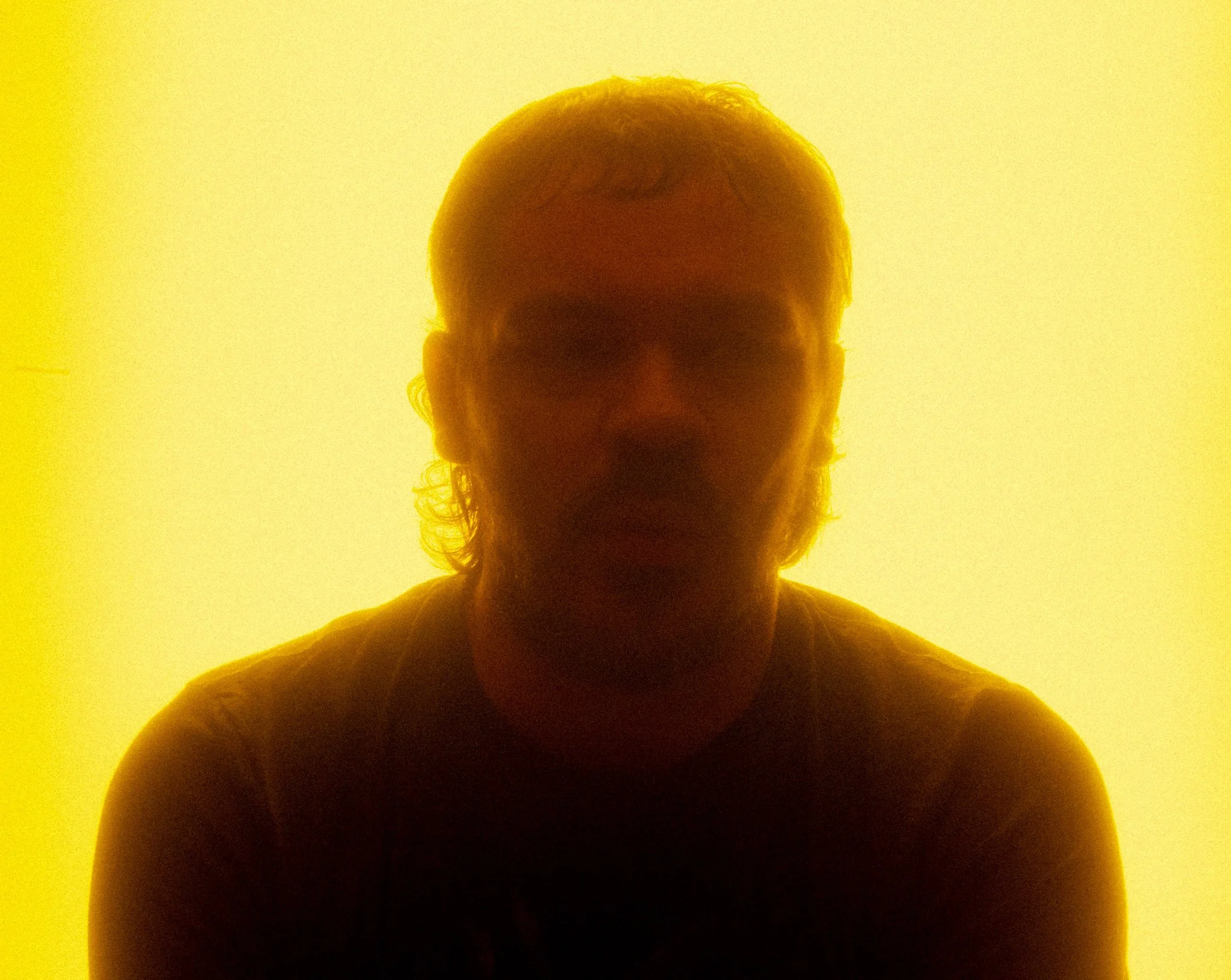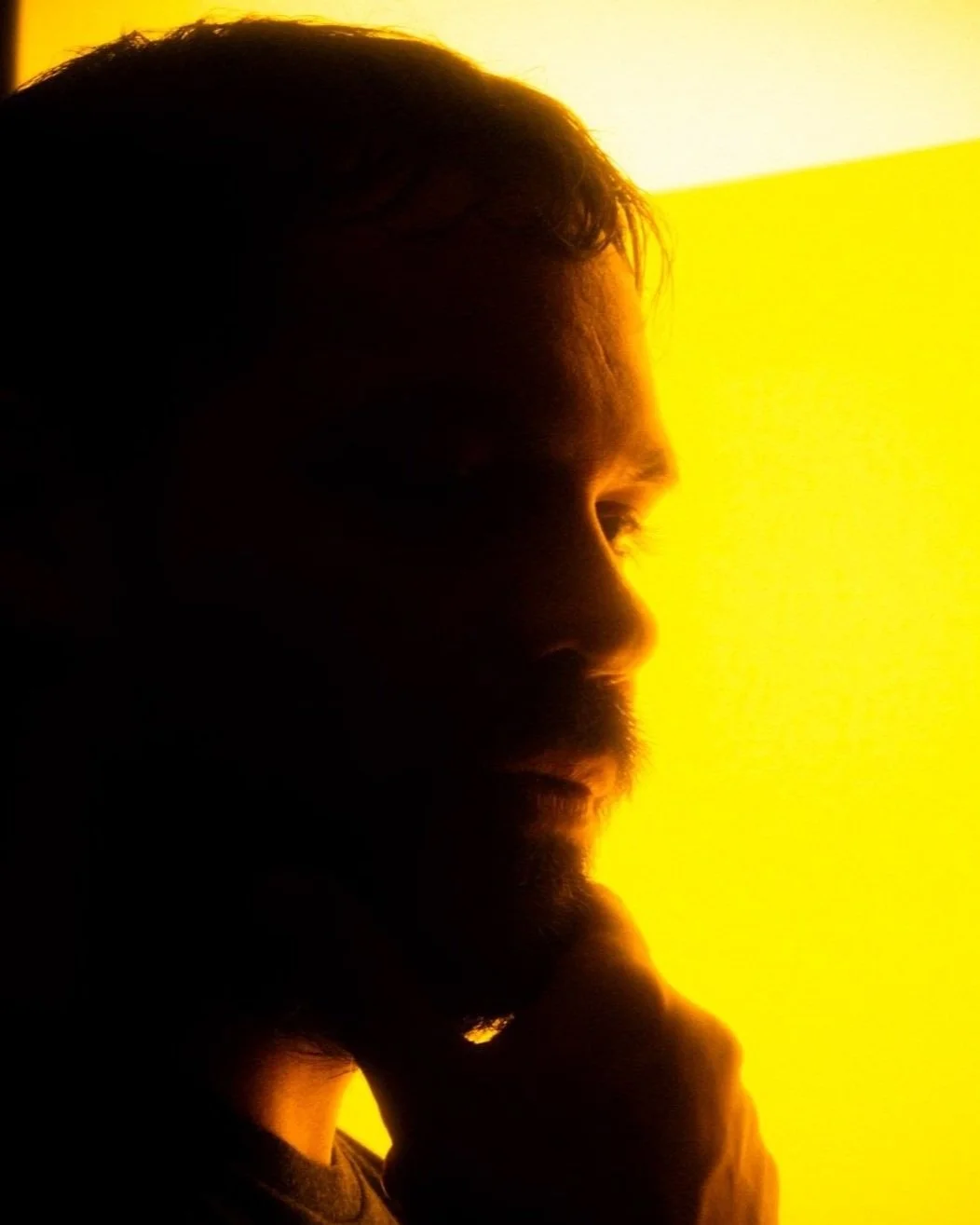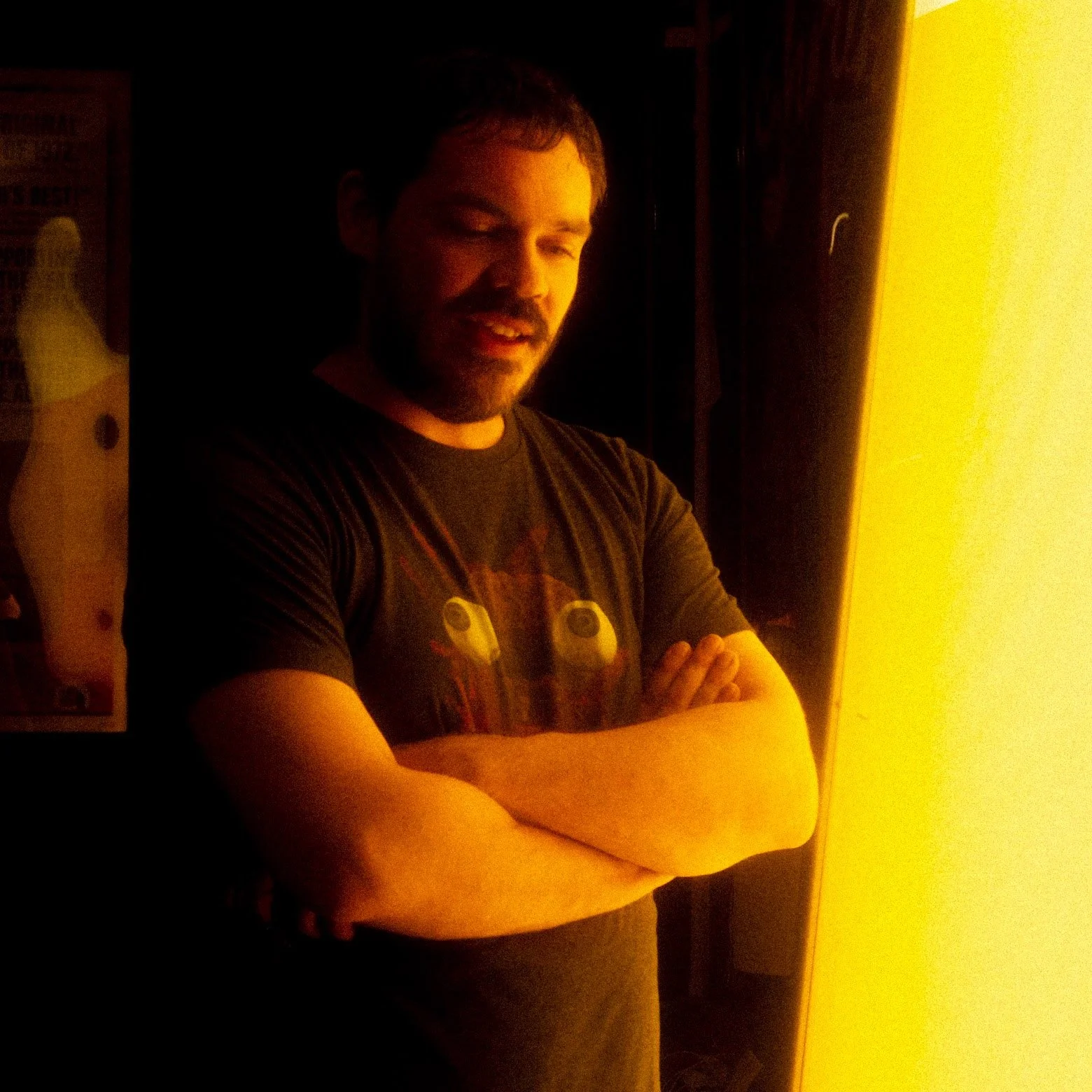Patrick Adam Peña
by Omar Salas Zamora
June 19th, 2023
Patrick Pena is filmmaker living in Washington.
Omar Salas Zamora: In the summer of 2015 You made your first feature film, The Vixen of Vengeance, for $800 after failing to raise the money for another project. What would have that other project been?
Patrick Adam Peña: It was called Maniac Mutant Massacre, a kind of splatter fest comedy influenced by early Peter Jackson. It was Bad Taste meets Repo Man.
Did you come into Peter Jackson with The Lords of the Rings and backtrack?
Yeah, absolutely. I didn’t see Fellowship because I didn’t care too much about, you know, Radio Flyer’s Elijah Wood but I’m from Chicago and Roger Ebert recommended The Two Towers. So, my dad and I went to see it and it’s incredible. Then, my stoner friends and I go see it and they don’t give a shit. Anyway, that sent me back to the original three New Zealand movies.
They had a mythic quality about them. When I was a kid, I had to go to a Con to get an uncut copy of Braindead because the version in the states was cut by, like, 10 minutes.
And it’s called Dead Alive here.
Yeah. It was a huge get for me as a kid. The whole lawnmower sequence is so so amazing. And the pus into the custard scene goes so far beyond American limits of comfortability. That’s the big tragedy of Peter Jackson leaving horror, he could have pushed it further.
Like Sam Raimi?
Definitely. These directors that dip their feet in the genre, show us how its done and move on. The best horror movies of all time - The Exorcist, Rosemary’s Baby and The Shining were all directed by non-horror directors.
Why do you think that is?
I think that all of these directors have culminated all of their love for the genre and they have one tremendous offering to give us. Horror directors spread that throughout their whole career. You look at someone like Wes Craven, you have Nightmare On Elm Street and he’s frustrated with what that franchise becomes and his lack of involvement in it. So he says “I’ll just do it again” and makes Shocker. That doesn’t work out. Twenty years later, he tries it a third time with My Soul To Take. Tobe Hooper is the most unique of the horror directors because I don’t feel like any of his moves are the same at all. He stands a little bit head over shoulders than those guys, even if he's not perceived that way. He made his Spielberg horror movie so well that they still think Spielberg made it. It took me a long time to get on board for The Texas Chainsaw Massacre 2 but I’m there now.
Chainsaw 2 is why I maintain that Chainsaw 1 is satire. The first one is so tight and I think the comedy of it makes it hard for people to swallow. It can be funny and scary. The two can exist at the same time. American Werewolf took 13 years to get made. Why? Yeah. There's no such thing as horror and comedy. People can be funny and have funny conversations and awkward moments. And then something fucking terrible happens. But that's life. People are afraid of these fucking tragedies but it's all I want to write. Somebody has to. Those’re my favorite stories.
As far as the project that had the failed Kickstarter, is it something that you've ever wanted to revive?
Well, that was a revival. I tried to make that by myself right out of high school, and then I brought it back. I worked on a micro-budget horror movie and. I'm like, fuck it, dude. I'm gonna go make my own movie as soon as I get home - the script is already here. Within a month, I shot the fucking pitch video. Then I'm like, “Oh, shit. Alright, maybe I overestimated how easy it is. I have no fan base.” But I have an outline for something else. I'm just gonna start making it and just fucking shoot it and do it. So, I wrote The Vixen of Vengeance as I went along. Yeah, I really have a desire to go back sometimes. There are bits in it that are fun. It might be something that I cherry pick like lines from or something.
You self financed The Vixen of Vengeance and you wrote it as you went along. With the time that has passed, how do you feel about that movie now? Do you consider it like your feature debut?
That’s a struggle. When I submitted my new movie, Microdosing, you wonder if you should submit under “first time filmmaker” or “up and coming.” I’m happy with it now. I watch it every other year, drunk. It's an $800 movie. How good could it be from a technical level? Starring people that aren't actors? I struggle with it. After seven years, I'm about at the point where I can say, yeah, that's definitely my first fucking movie. And it's not bad.
In the last year, you've gotten involved more with acting, how deeply in love with acting, would you ever audition? Or is leading your films just the way to make sure that it's being done correctly?
I have every kind of anxiety you could imagine. Performance anxiety and social anxiety are the two big ones. So acting is difficult. For me, in that sense, I have to feel like I'm prepared or something and I don't know, I have no way to objectively judge whether I think I did a good job. I never felt really comfortable acting. And when Scott Seagren asked me to be in his movie, N00N, I'm thinking, “why?” But I took it as a challenge. I'm like, fuck, now I need to try to do a good job for my friend and develop this character. I enjoy it, I would consider auditioning.
We both have a deep shared love of Troma. How did you come to that?
If I had to guess, I probably saw The Toxic Avenger on Svengoolie when I was a kid.
What the fuck is Svengoolie?
Okay, yeah, so he looks like an old voodoo guy white dude with the fucking goatee and mustache and black circles under his eyes and a top hat and shit and like with a rubber chicken. On Saturday afternoons he would just play old horror or monster movies. Long running show in Chicago.
Oh, alright. I think the only comparable thing I have to that was Rob Zombie hosting TCM Underground when I was around fifteen.
Oh, yeah?
Yeah, he would introduce, I don’t know, The Hooneymoon Killers and give it context. I would record every episode. I still have them on these DVD-Rs.
For me, I think even before the Svengoolie thing, I watched The Toxic Crusaders cartoon as a kid and had the comics and coloring books. So, I just knew Toxie, you know? But there’s something about that independent spirit. Yeah, that's the kind of thing that makes me want to make a movie. I read “Make Your Own Damn Movie.” And I read “Screenplay” by Syd Field and “Rebel Without a Crew” just trying to wrap my head around writing a script. I still have trouble wrapping my mind. I hate the writing process. That's the hardest part. Getting out of your head to the first blueprint is the hardest part for me. And then everything else is best. I lost my train of thought.
“Make Your Own Damn Movie.”
Yeah. These things are like hurting me and trying to learn how to write a screenplay. I don't understand the concept of index cards. Yeah, I want to know how to write a screenplay, not sell it. I need it so I can convey my ideas to somebody. Skip Press, “Save the Cat,” says Legally Blonde is the best movie title of all time. I get it. It's a good title. Like, I hate that shit. I hate the fucking hero's journey, the typical fucking bullshit that’s teaching you how to be a fucking tool. I just need to know how to use the tools so I could make what I want. So those three books taught me an outdated way of making a movie a traditional way. But Lloyd Kaufman is still the modern way.
For better or worse, I owe everything I’ve done to Lloyd Kaufaman and to “Make Your Own Damn Movie.” And I still read it really often, especially before a project. It was never like, hey, this is how you make a good movie or a bad movie. This is how you make a movie. It's up to you. This is how you're going to deal with the crew. These are the things that you need to bring on set. These are the things you don't forget, these are checklists, very, very practical things. And it's up to you. There was a DVD that came with the book that had interviews with John G. Avildson, Romero, James Gunn, Trey Parker and all of these guys are pointing and saying “listen to Lloyd. He knows what he’s talking about” I've internalized so much of that book. Like, still, when I hear like a fire truck coming, I think, should I take my camera outside? Should I get free B-roll? When I walk into a restaurant, you wonder what the best way to light the location would be if I was to shoot there? It becomes your personality and I wouldn't have that personality if I didn't read that book at that age.
He's a trashy Roger Corman.
Well…
I mean, okay. A different kind of trash. A different school of thought was introduced. Here’s how to do it economically. There’s no excuse.
Sure but I’ve never looked at The Godfather and thought, that’s something I want to reach. Who am I to say that? You need to watch shitty movies and understand how low the bar is so you can have the balls to walk into a room and know you have something to offer. If you’re watching Lawrence of Arabia, you’re going to spend all of your time thinking, how did a human being make this? But Roger Corman’s Dementia 13 - now you can grasp this directing thing a little more.
That's why we watched Bad Taste this week. And it reminds me of why I make movies and that's yes, you don't go to the classics. You go to the first one. You go back to the beginning. You go back to Following, Bad Taste and Pi. Because these movies matter and were made for nothing.
I’m definitely going to cut this next section out but I wanted to go back to these filmmaking books. The truth is, I’ve only seen “Rebel Without A Crew” damage directors. They look at El Mariachi and think, well, he made it for $7,000, that means I only need $7,000 to make a movie. And, like, first of all, you’re untalented. Second of all, just because that number worked for Robert Rodriguez in 1991 Mexico doesn’t mean it will work for you.
It's all about context. For me, it’s his journey that matters. It creates this attitude of there’s no excuse. So am I saying that Microdosing, which costs $7,000, is as good as El Mariachi? Of course it’s not. You can use that as a talking point and as a soundbite or whatever but what matters is the spirit of the intention. The creation of “fuck it.”
Is there a movie that you can point to that created your urge to become a filmmaker?
Yeah, technically I guess it’s Full Tilt Boogie [the feature length making-of documentary for From Dusk Til Dawn]. So, it’s just the idea that this fucking village of people even down to like, the personal assistants talking about the gossip on set and all this kind of stuff. And like, the fucking pranks between like Juliette Lewis and Clooney like, I could cry thinking about it, like that's all I want to do. It’s the fact that so many people would come together for something that came from your head. And make it fucking happen, right? These people would be willing to, as individual artists, because everybody else who works on the film set is a fuckin individual artist, who dedicate their entire being to that art. And they want to do it for your story. That's it. So to see that, it’s insane.
There's really no higher compliment. To be surrounded by so many people who are only there because one day I put pen to paper. When you're watching movies from 100 years ago, you don’t give a fuck about that actor or the on set drama. All you're watching is the film that went through the camera. What's on screen. Nothing else matters. Just the craft.
[Nods.]
Do you as a filmmaker owe anything to an audience?
No, of course not. Make it for myself. Fuck them. They have a choice as a consumer to consume whatever the fuck they want. So no, fuck them. “It’s important to me so write it the way I want.” It's important to you because I wrote it the way I want. You fucking idiots. That's why you write fanfiction. And I write art.
I definitely have a feeling of like, are you going to razzle-dazzle them? Or are you going to give them something to think about? Or is this a diary entry for you? The diary entry movie is something like, “oh, my girlfriend or boyfriend broke up with me so I’m going to make a movie about it.” A need to gut yourself just to get out of your system. I made a few when I was younger but I definitely don't feel that anymore at all. I don't think that anyone's going to relate to this so why am I making it into a movie?
I think you’re wrong about that. Because the more specific you get, the more personal it's going to feel to the person who connects like “Jesus Christ, is it fucking written for me?” The Janice Conversations stemmed from personal stuff, but at the same time it doesn't exist as a personal piece. I ended up writing this character study, which turned out to be me. And I read the script and I'm like, “apparently I think I’m an asshole.”
I mean, sometimes you make movies to punish yourself. With my feature, Happy Birthday Duncan, I had gone through three or four serious relationships in a row and I didn’t write that movie from my perspective, I wrote it from the perspective of a girlfriend dealing with a shitty boyfriend. So, it turned into my apology. It's still under the guise of all this fucking goofiness and all of this party stuff. So in a situation like that, I hid the diary entry movie under a party movie because I do care about entertaining an audience.
Gotcha. Okay. Well, that's different than owing. Yes, to the audience who paid their money to see your film, you owe them the price of admission 100%. To your financers, who paid for it, you owe them the money back.
What movie do you feel more people need to see?
The Last Dragon is the first. Outside of a certain age of black person, no one’s ever seen it, it just kind of went away even though it has one of the greatest soundtracks of all time. It's important and it's an important little piece of art and so unique. And like, as a kid, the idea of like, “cultures don't matter” or kind of joking about stereotypes and what people are supposed to be as a fucking half-Mexican, white passing kid - that’s important. And I think it’s just such a sweet movie. The other one is Jackie Brown, because everybody loves Tarantino. But nobody's watched Jackie Brown, and it's his best, most thoughtful and beautiful and mature film and it gets better every fucking time you see it and it’s like a love letter to Pam Grier, which she deserved. And I think that's when it surprises people because it's such a sweet movie. And it's Samuel Jackson's best performance and he is so vulnerable and broken. I love Quentin Tarantino but it exhibits a maturity that he didn't have until Once Upon A Time In Hollywood, which again is like, “Ah, this is delicious.” So Jackie Brown and The Last Dragon are two movies that don't at all seem like the kind of movies that are me. So I think they're surprising to people in that way. I do think that they would enrich somebody's life because those movies make you feel good in a way that a lot of movies don't. And if you didn't know those movies even existed, then you're in for a fucking treat.
Photography by Omar Salas Zamora
Interview by Omar Salas Zamora



